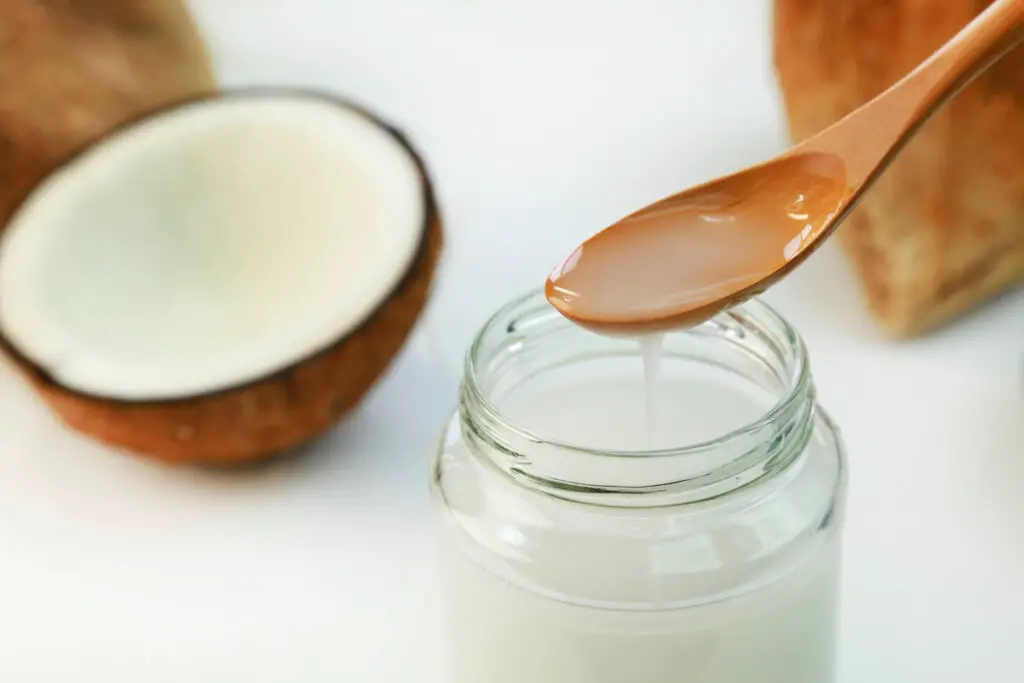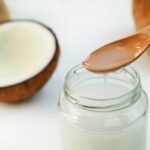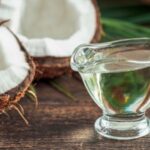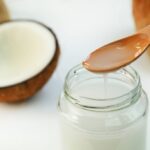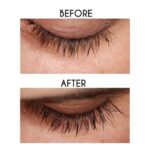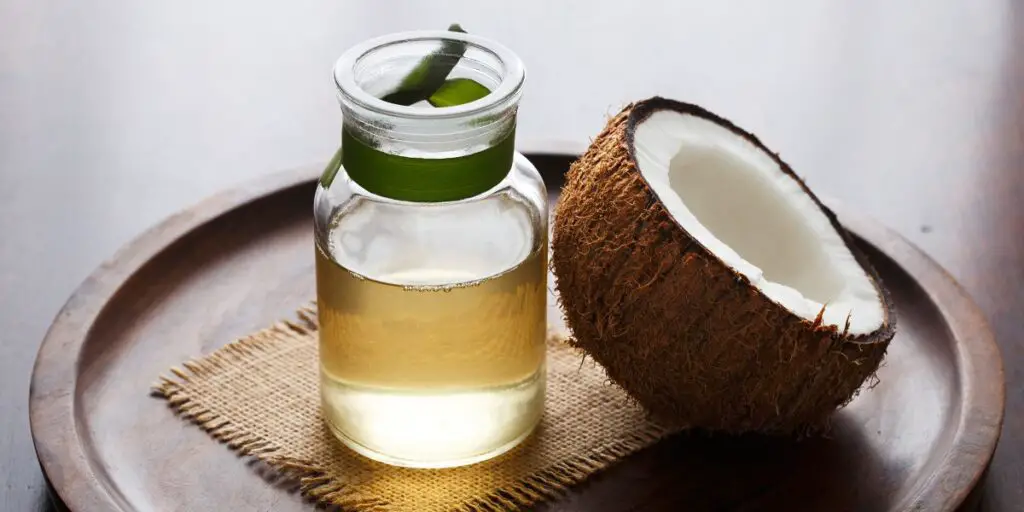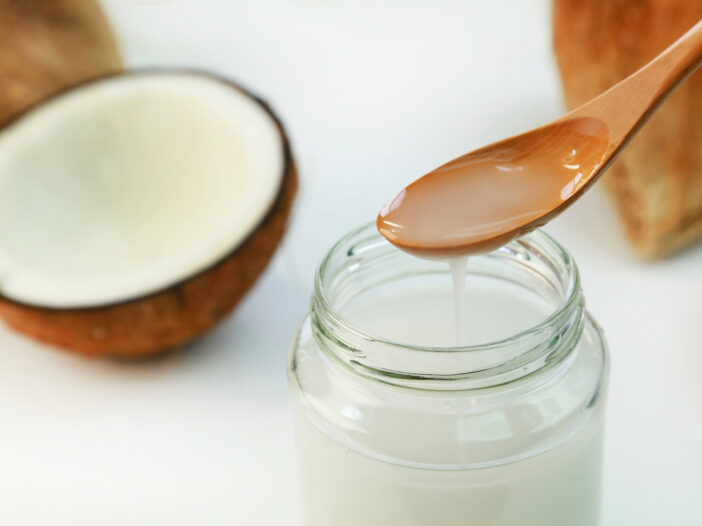
In recent years, coconut oil has become a popular addition to many people’s beauty and health routines.
From cooking to moisturizing to tanning, it seems like coconut oil is the answer for everything!
But is it really safe to use coconut oil for tanning? and what things to keep in mind while using coconut oil for tanning. Let’s take a closer look.
Contents
- 1 Is It Safe to Use Coconut Oil for Tanning?
- 2 How to Use Coconut Oil for Tanning?
- 3 Is It Safe to Tan With Coconut Oil Layered Over Sunscreen?
- 4 Is It Safe to Tan With Coconut Oil Layered Over Sunscreen?
- 5 Does Coconut Oil Make You Darker?
- 6 The Benefits of Coconut Oil for Skin Care
- 7 Coconut Oil for Tan Removal:
- 8 Baby Oil vs Coconut Oil for Tanning
- 9 Precautions While Using Coconut Oil for Tanning
- 10 Conclusion:
Is It Safe to Use Coconut Oil for Tanning?
Here’s the truth:
1. The Benefits of Coconut Oil for Tanning
Coconut oil has many benefits when used as a tanning aid.
- It is an excellent moisturizer that helps keep skin hydrated and supple, which helps your tan last longer.
- Coconut oil also protects the skin from the sun’s UV rays, so it can be an effective way to protect your skin when you’re spending time in the sun.
- It can even help reduce signs of aging, like wrinkles and age spots.
2. The Risks of Coconut Oil for Tanning
While there are some benefits to using coconut oil for tanning, there are also risks involved.
- One of the main concerns with using coconut oil as a tanning aid is that it does not offer as much protection from the sun’s UV rays as other sunscreen products do.
- As such, prolonged exposure to the sun without adequate protection can lead to burns and other skin damage.
- Additionally, you should avoid applying too much coconut oil on your skin before tanning because it can clog pores and cause breakouts or even rashes.
3. Finding Balance with Coconut Oil for Tanning
So, is it safe to use coconut oil for tanning?
The answer is yes—as long as you take appropriate precautions! Be sure to apply SPF 30 sunscreen before you go out in the sun and reapply every two hours while in direct sunlight.
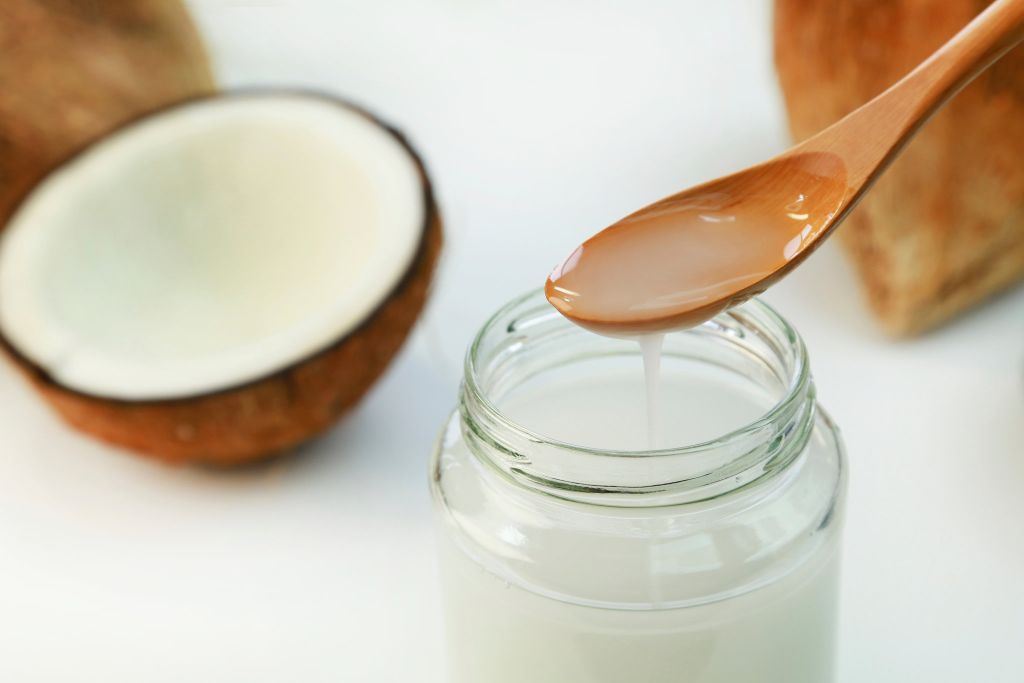
Additionally, be sure not to apply too much coconut oil onto your skin; a thin layer will do just fine!
How to Use Coconut Oil for Tanning?
We’ll discuss how to use coconut oil for tanning and what benefits it can provide.
1. Using Coconut Oil for Tanning
- The first step in using coconut oil for tanning is to purchase a high-quality, organic product. You don’t want anything with artificial fragrances or other additives—just pure, unrefined coconut oil that has been cold-pressed from fresh coconuts.
- Make sure you store the coconut oil at room temperature because if it gets too hot, it will turn into liquid and be difficult to apply to your skin.
- Once you have your coconut oil ready, start by applying a thin layer of the product on the areas of your body that you want to be tanned.
- Rub in gentle circles until the oil has been completely absorbed into your skin—you don’t want any excess product left behind or else you may end up with an uneven tan.
- At this point, you are free to go out and enjoy the sun!
- Be sure not to stay out too long though; after about 20 minutes or so, come back inside and reapply more coconut oil if necessary.
Is It Safe to Tan With Coconut Oil Layered Over Sunscreen?
Yes, it’s safe to tan with coconut oil layered over sunscreen.
The combination of the two products can help provide additional protection against the sun’s UV rays, allowing you to tan safely and gradually.
Be sure to apply a generous amount of SPF 30 or higher before applying the coconut oil—this will ensure optimal protection while still allowing your skin to tan.
Overall, if used correctly and responsibly, coconut oil can be an effective way to achieve a sun-kissed glow.
With proper safety precautions in place, you can enjoy the benefits of coconut oil for tanning without having to worry about any potential risks or harm done to your skin!
Is It Safe to Tan With Coconut Oil Layered Over Sunscreen?
Tanning with coconut oil layered over sunscreen may be appealing for its ease, but it’s not actually safe. Despite the oil’s natural properties as a sun protectant, setting aside the additional time to rub sunscreen directly on your skin is still necessary.
It’s impossible to know precisely how much of the UVA/UVB-blocking ingredients are actually being absorbed into the skin when using coconut oil—so layering an actual SPF-rated product underneath is key for added protection against those trendy tan lines turning into lifelong damage from harmful UV rays.
While many oils do boast their own sun protective qualities, relying solely on them could leave you at risk for burns and long-term skin issues down the road.
Does Coconut Oil Make You Darker?
The short answer is no—coconut oil does not make you darker.
In fact, it can actually help lighten skin tone if used correctly. The key to getting the best results from coconut oil is consistency; applying it regularly can help reduce dark spots, scars, and other signs of sun damage over time.
That said, if you have oily or acne-prone skin, using too much coconut oil can clog pores and lead to breakouts so use caution when applying it directly to your face or body.
However, there are some oils that do have darkening effects on the skin such as carrot seed or avocado oils which contain natural tanning agents that may cause your skin to become darker when applied over long periods of time.
If you are looking for a natural way to darken your complexion, these types of oils would be more suitable than coconut oil.
The Benefits of Coconut Oil for Skin Care
Coconut oil has many beneficial properties that make it a great choice for use in skincare products.
It is rich in fatty acids, vitamins, minerals, and antioxidants that can help nourish and protect your skin from environmental damage. It is also an effective moisturizer that can help keep your skin hydrated and supple.
Finally, it has anti-microbial and anti-inflammatory properties that can help treat conditions such as eczema, psoriasis, and acne.
Coconut Oil for Tan Removal:
Coconut oil can be used to help remove a tan from your skin.
- To do this, mix equal parts of coconut oil and baking soda together to form a paste.
- Then, apply the mixture to the affected areas and leave it on for about 20 minutes before rinsing off with cool water. This process can help lighten the tan over time and restore your skin to its natural color.
However, it is important to note that this method should only be used in moderation as using too much can cause skin irritation.
Baby Oil vs Coconut Oil for Tanning
When it comes to tanning, both baby oil and coconut oil can be used.
Baby oil is a petroleum-based product that works by creating a barrier on the skin that helps protect against sunburn while allowing your skin to tan.
Coconut oil, on the other hand, contains natural antioxidants and nutrients that work to nourish and hydrate the skin while also providing protection against UV rays.
Additionally, it may help to slow down the tanning process, allowing you to achieve a more gradual and even color.
Ultimately, both products can be effective in helping you achieve a golden glow; however, coconut oil is usually considered safer and gentler on the skin than baby oil.
Precautions While Using Coconut Oil for Tanning
When it comes to using coconut oil for tanning, it’s important to take certain precautions.
- First and foremost, before applying any kind of tanning product to your skin, you should always make sure it is non-toxic and made from natural ingredients.
- Additionally, avoid applying too much as this can clog pores and lead to breakouts.
- Finally, be sure to use sunscreen when tanning and limit your exposure to direct sunlight for extended periods of time. By taking these measures, you can ensure that you get the most out of your coconut oil tanning experience!
Conclusion:
There are many reasons why people choose to use coconut oil instead of traditional tanning products—it’s safe, natural, and provides many beneficial properties that help keep your skin healthy while getting a nice summer glow!
Just remember not to stay out in the sun too long (no more than 20 minutes at a time!) and be sure to buy organic coconut oil with no additives for the best results!
With these tips in mind, you should have no trouble achieving a beautiful summer tan without risking any harm from harsh chemicals or UV rays from the sun!
It’s clear from this discussion that coconut oil does not make you darker—in fact, it may even help lighten discoloration over time with regular use! However, if you are looking for something to naturally darken your complexion then there are some oils out there like carrot seed or avocado oils which could be more suitable than coconut oil.
By following these guidelines, you can safely enjoy all the benefits that come with using coconut oil for tanning.
